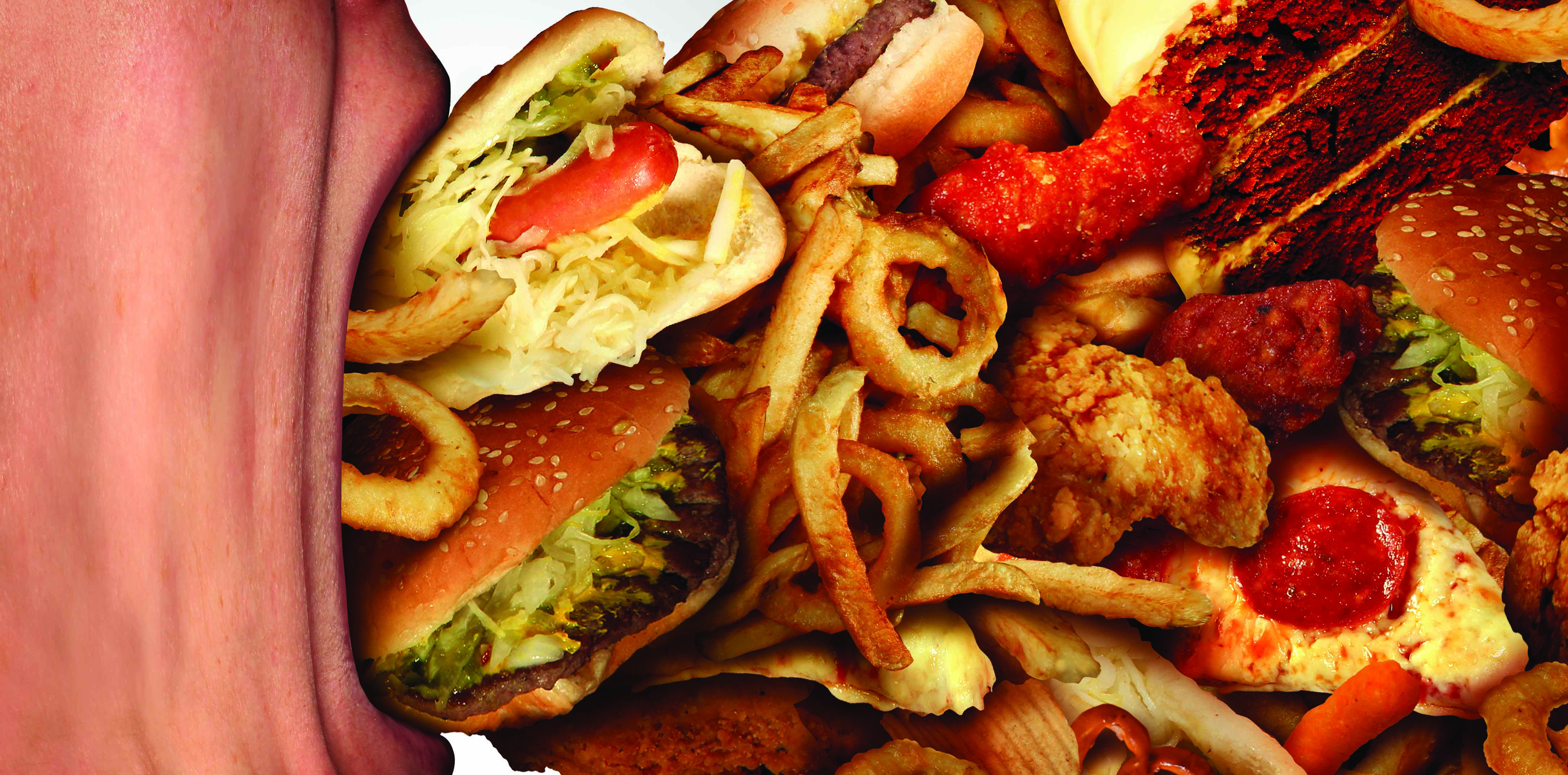Australia is one of the 110 countries that still has no regulations against the use of industrial trans fats in food
Mandatory labeling of industrially produced trans fats in Australia would help at-risk consumers make better choices, health advocates say, given our high intake of discretionary foods and reliance on prepared meals.
The WHO last month renewed its call for countries to eliminate industrial trans fats, produced by hydrogenating and heating vegetable oils, which it says cause half a million deaths a year.
In its first annual report since calling for trans fat elimination a year ago, it says more than 40 countries have taken steps to limit the compound, and the EU aims to eliminate it by 2021.
“When industrially produced trans fat is finally cut from the global food supply, it will save millions of lives, be the first risk factor for a noncommunicable disease ever eliminated, and prove that substantial progress against noncommunicable diseases is possible,” WHO says.
Australia is one of the 110 countries that still has no regulations against the use of industrial trans fats, which increase the risk of heart disease by raising bad (LDL) cholesterol and lowering good (HDL) cholesterol.
Manufacturers voluntarily began reducing their use in the 1990s when the risks of trans fats became known.
The only regulation in Australia is one that mandates the labelling of trans fats in any food that claims to be heart-healthy or low in saturated fat or cholesterol.
“Research shows 1.5% of all heart disease mortality in 2010 could be attributed to trans fats intake, so there’s still an issue there and we definitely want to see it reduced even further,” Heart Foundation dietitian Sian Armstrong said.
“The Heart Foundation would like to see mandatory labelling on all nutrition panels, so that consumers can have an informed choice, because without that there’s really no way to know whether there’s trans fats in the foods you’re eating.
“[There is] a social gradient, which is why we want to see them phased out of the food supply or at a minimum mandatory labelling.”
A 2017 paper in Nutrients by Wu et al. estimated Australians’ average trans fat intake at 0.59% of energy, but found 10% of adults were exceeding the WHO recommended limit of 1%. Intake was somewhat inversely correlated with education and income.
The researchers estimated trans fat accounted for 1.52% of all CHD mortality in Australia, or just under 500 deaths a year.
Aloysa Hourigan, a senior nutritionist with Nutrition Australia, said there was an “encouragement” for food manufacturers to keep trans fats low, but nothing mandatory.
“There has been a push from public health organisations and professionals to change that, because the people most at risk are those who are more disadvantaged, as they tend to be higher consumers of processed food,” Ms Hourigan said.
“About 35-40% of Australian adults’ energy intake is coming from discretionary foods, which are the ones that contain industrially produced trans fats, so you’d have to be concerned that there are some people who are consuming a lot.” There was little benefit in GPs telling at-risk patients to avoid trans fats when those fats were not clearly identified, she said.
“So as not to confuse consumers, it’s better at the moment to continue to tell people to minimise their intake of those high-fat discretionary foods like pastries, meat pies, deep-fried foods and doughnuts. They are supposed to be ‘sometimes foods’.
“I do, as a dietitian in private practice, come across people who don’t cook at all and purchase all their food, and often it’s fast food. Sometimes it’s prepared meals, but there’s still no regulation around that.
“With more people buying food prepared out of home, that’s a stronger reason to have mandated regulation around keeping consumers informed about trans fats.”


